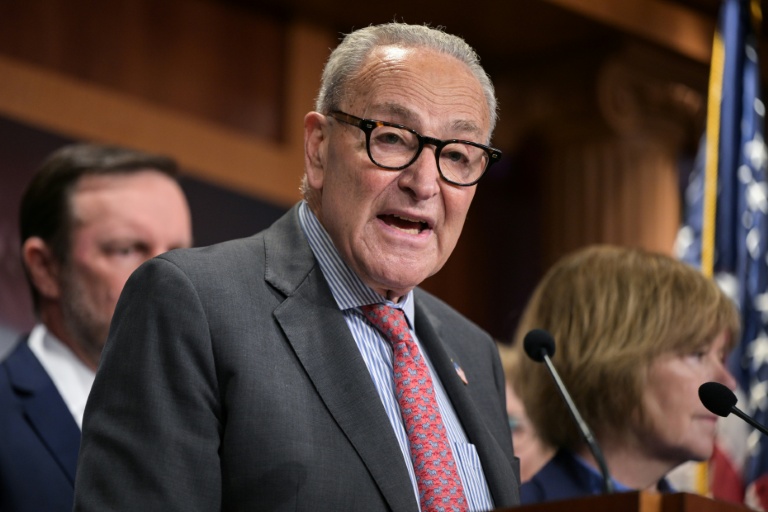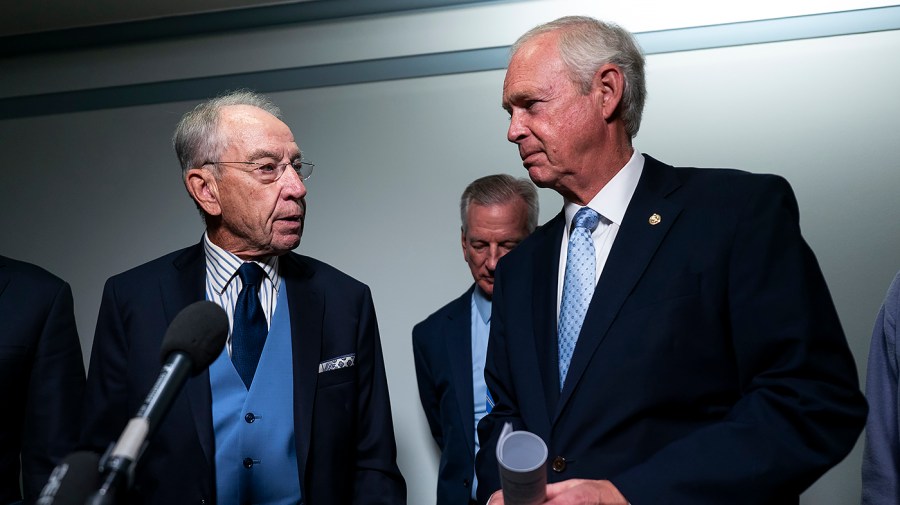Senate Majority Leader Chuck Schumer introduced a new proposal on October 27, 2023, aimed at ending the unprecedented U.S. government shutdown, which has now reached its 39th day. Schumer stated that the Democratic caucus is ready to vote for the immediate reopening of the government if Republicans agree to a one-year extension of Affordable Care Act (ACA) premium tax credits. This proposal emphasizes healthcare affordability, which Schumer argues is crucial to prevent millions of Americans from facing significant insurance premium increases starting next year.
Schumer declared on the Senate floor, “We can end this shutdown today. All Republicans have to do is agree to protect the healthcare of working families instead of raising their premiums.” The proposal includes a short-term continuing resolution to reopen federal agencies, paired with the extension of ACA tax credits. According to Schumer, this measure aims to stabilize both government operations and the healthcare marketplace, framing it as a balanced compromise that protects families while restoring essential government functions.
Republican leaders swiftly dismissed the proposal, characterizing it as a political tactic that complicates efforts to resolve the shutdown. Senate Minority Leader John Thune criticized Democrats for allegedly holding the government hostage to push unrelated policy demands. He urged Schumer to support a “clean” funding bill without additional policy attachments. Reports from Politico indicated that Republicans are considering a separate proposal to reopen the government through early 2026, deferring healthcare negotiations to a later date.
The ongoing standoff presents significant political risks for both parties. Democrats regard the healthcare extension as essential for middle-class families and a way to underscore divisions within the Republican Party on health policy. However, as noted by Reuters, there is increasing pressure from moderate Democrats and federal worker unions to end the shutdown, regardless of policy negotiations. Some lawmakers are concerned that prolonging the deadlock could alienate voters and exacerbate economic repercussions.
According to The Washington Post, several Senate Democrats are privately discussing whether to separate the healthcare provision from the negotiations if discussions do not progress meaningfully in the coming days.
Negotiations are set to continue over the weekend, with procedural votes potentially scheduled for Monday. Schumer indicated that Democrats currently remain unified in support of the proposal but cautioned that “the longer Republicans refuse to negotiate, the worse the damage to our country will be.”
While President Donald Trump has not publicly endorsed either plan, aides have informed reporters that he is open to a deal that protects Americans’ healthcare and facilitates the reopening of the government, as reported by ABC News. If a resolution is not reached, the shutdown, now extending into its sixth week, risks continuing past Veterans Day, which could delay paychecks for more than 800,000 federal employees and disrupt critical services, including food assistance, tax processing, and transportation safety inspections.
“We face a choice,” Schumer stated. “Work with us to end the shutdown and protect healthcare, or keep the government closed and let working Americans pay the price.” As the situation evolves, both parties must navigate the complex interplay of policy demands and the pressing need to restore government operations.







